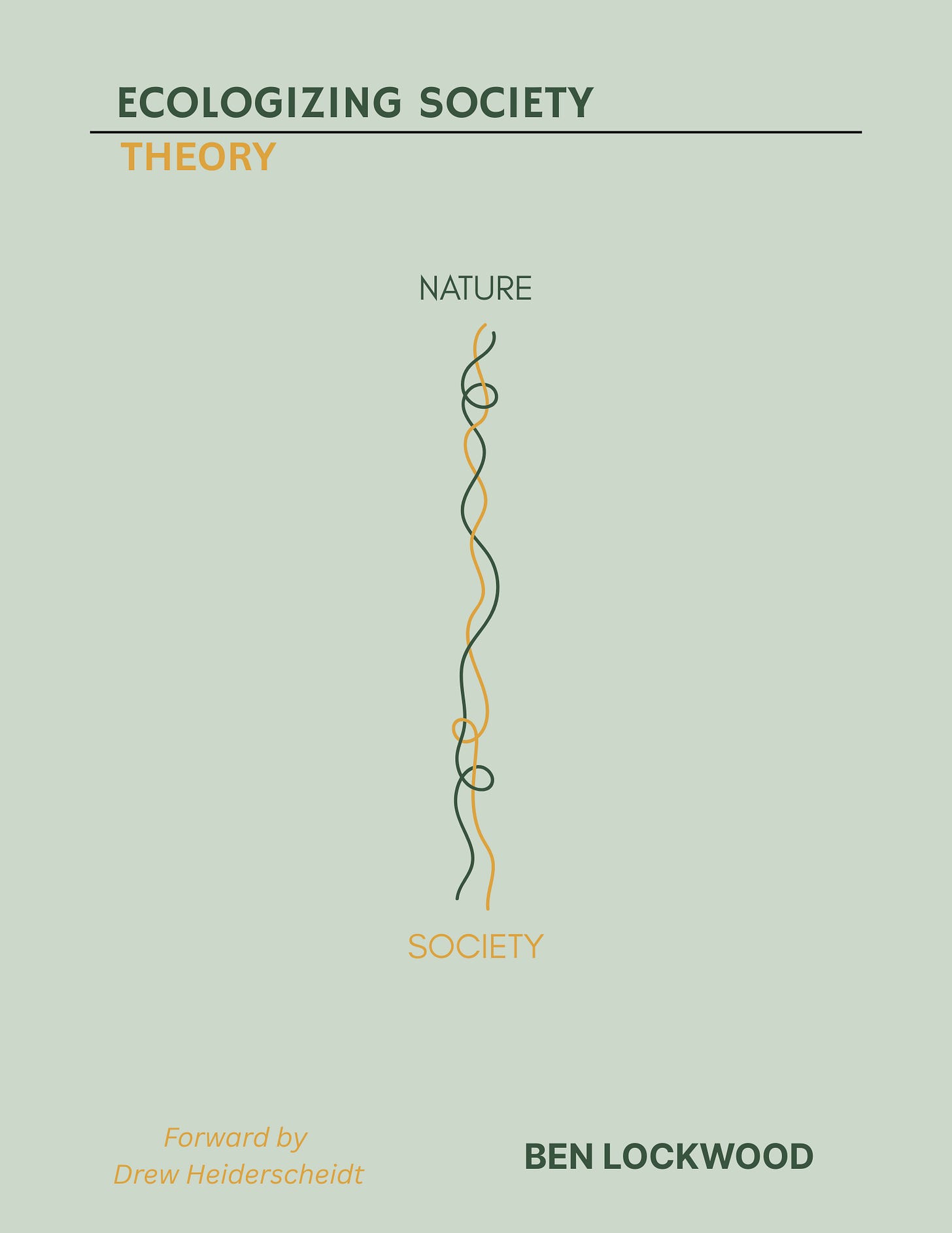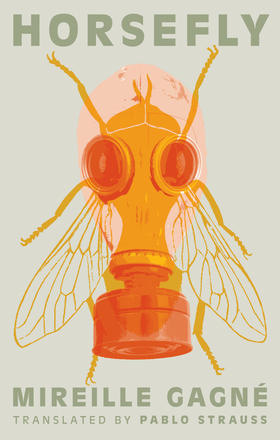The Eco-Update #18
Dispatches from the planet.
In This Issue
A new study reveals how sea turtle migration influences marine ecology
An upcoming webinar on China’s new climate change targets
Eco-Stories in the news
Ecologizing Society: Theory pre-orders
Eco-Fiction Review: Horsefly by Mireille Gagné
Something You Can Do: Submit a public comment to the U.S. forest service
A new study reveals how sea turtle migration influences marine ecology

A new study on loggerhead sea turtle migration explores how the marine community structure changes in response to turtle population movements. The authors of the study (which has not yet been peer-reviewed) used drone surveys to investigate changes in marine megafauna communities (i.e. sharks and rays) during the mass migration of loggerhead sea turtles in the East Atlantic Ocean.
In areas of high sea turtle nesting density, adult turtles temporarily reshaped the spatial community structure and composition by displacing the sharks and rays previously occupying the near coast habitat. The authors suggest that this could be a case of “niche partitioning” where species that may occupy similar ecological niches are forced to shift their behavior, alter their diets, or move locations due to increased competition.
However, spatial overlap between sharks and turtles increased over the course of the migration season when sharks returned to the nearshore regions, possibly to prey upon turtle hatchlings. At low-density nesting sites, marine communities did not substantially change, suggesting an ecological threshold of migration-induced separation
The authors also highlight the conservation implications of their findings. They suggest that prioritizing year-round protection of nearshore habitat and peak nesting season protection of offshore habitat would preserve the seasonal community dynamics. In general, the study identifies new conservation opportunities to protect marine ecosystems.
An upcoming webinar on China’s new climate change targets
Carbon Brief is hosting a webinar on China’s new climate pledge. Carbon Brief is a UK-based website that tracks developments related to climate change, greenhouse gas emissions, and energy. This coming Monday (September 29th) they’re hosting a virtual panel discussion on China’s recent announcement to reduce greenhouse gas emissions by 7-10% by 2035.
While China is emerging as the world leader among nations transitioning to renewable energy, many experts claim that this new goal is far short of the cuts needed to limit global warming to 1.5C or less. The Carbon Brief webinar will present a discussion among the panel on the global ramifications of China’s climate targets.
The panelists include: Dr Ryna Cui, associate director and associate research professor, Center for Global Sustainability, University of Maryland; Lauri Myllyvirta: co-founder and lead analyst, Centre for Research on Energy and Clean Air; Li Shuo: director, China Climate Hub, Asia Society Policy Institute; and Anika Patel: China analyst, Carbon Brief. The panel moderator will be Dr Simon Evans: deputy editor and senior policy editor, Carbon Brief.
Questions for the panelists can be submitted in advance via email at webinar@carbonbrief.org, and those interested in attending can register at this link.
Eco-Stories In The News
Big trees in Amazon more climate-resistant than previously believed
Rivers are heating up faster than the air − that’s a problem for aquatic life and people
New Yorkers urged to conserve water as more drought warnings, watches issued
Watch rescued sea otter play with ice chunks, make friends at renowned aquarium
Ecologizing Society: Theory pre-orders
The first book from Brief Ecology Press is now available for pre-order! Ecologizing Society: Theory releases October 25th, 2025, and you can order it now at this link. Or, you can become a paid Brief Ecology subscriber and get a free advanced copy here.
Eco-Fiction Review: Horsefly by Mireille Gagné
A horsefly point-of-view. You read that right reader, this book contains chapters written from a horsefly’s point-of-view. It’s weird, disgusting, and kind of great.
My latest eco-fiction read was Mireille Gagné’s Horsefly, translated by Pablo Strauss and published by Coach House Books. The novel is a historical eco-horror tale, something akin to a modern Mary Shelley’s Frankenstein, that takes place across multiple timelines. The historical timeline follows a Canadian entomologist who joins a secretive military science operation during World War 2, while the interspersed chapters take place in the present and follow a factory worker who is unknowingly stalked by a horsefly with ambiguous ties to the WWII military project.
Without giving too much away, it would be easy to summarize this novel as a story about mad scientists overreaching, in the vein of Shelley. But the science at work in Horsefly isn’t mad, or solitary; it’s militarized and industrialized. The science here is weaponized, a domination of nature in order to turn it against humanity.
There’s a current of extinction and de-extinction anxiety under the surface of Horsefly. The past haunts the present, and things once thought to be gone can return, with a vengeance. Gagné plays with notions of agency, consciousness, and even the carnal and sexual pleasures of non-human species while critiquing militarized science and the impacts of a capitalist, industrialized society. The result is a strange, uncomfortable, and compelling read. I blew through this one in about a day and highly recommend it.
Something You Can Do: Submit a public comment to the U.S. forest service
The U.S. Forest Service has been under relentless attacks from the federal government. Staff cuts, firings, retirements, and budget reductions have rocked the agency over the last several months. These changes put our National Parks and Forests at increasing risk to environmental degradation amid worsening climate change, destructive pests, and wildfire.
A public comment period is open until September 30th, and you can submit a comment stating that you do not agree with these changes and want to see Forest Service capacity increased, not decreased. Follow this link to leave a comment.







